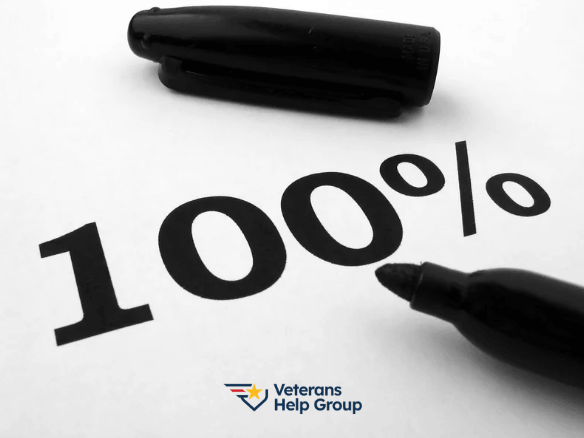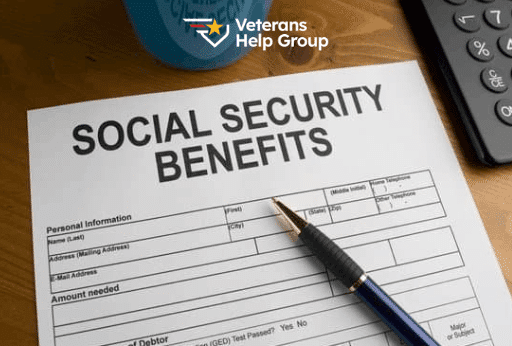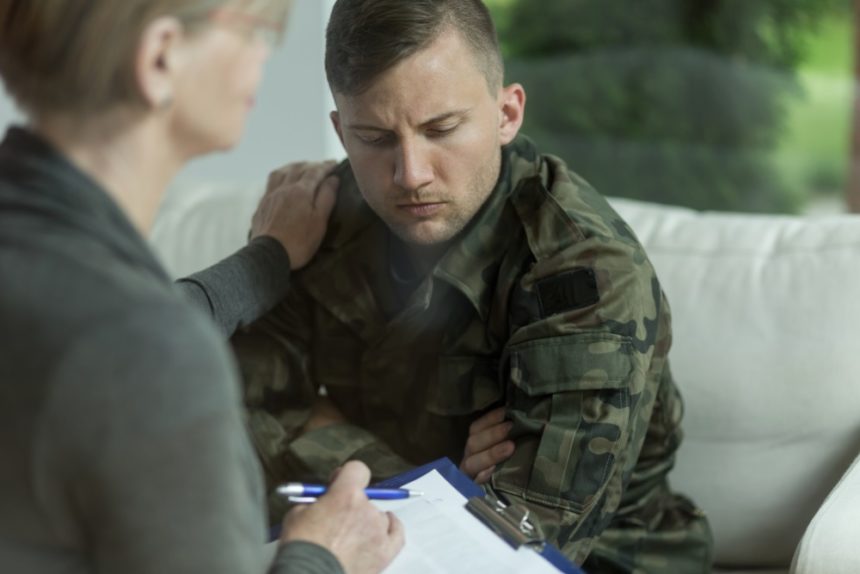
Table Of Contents
Why Does the VA Deny So Many Veteran Disability Claims?
Every year, thousands of veterans apply to the VA for disability compensation, many of whom are denied the first time. Though your initial denial may feel like an enormous blow, it doesn’t mean you won’t be approved in the future. However, it’s up to you to keep the process moving forward after a denial and correct any mistakes that may have contributed to the denial.
There are several reasons why the VA denies so many veteran disability claims. Knowing what they are before you file your claim can help you avoid missteps and improve your chances of approval. If you’ve already been denied, knowing how VA disability claims go wrong can still help you improve your chances of being approved on your next application or appeal.
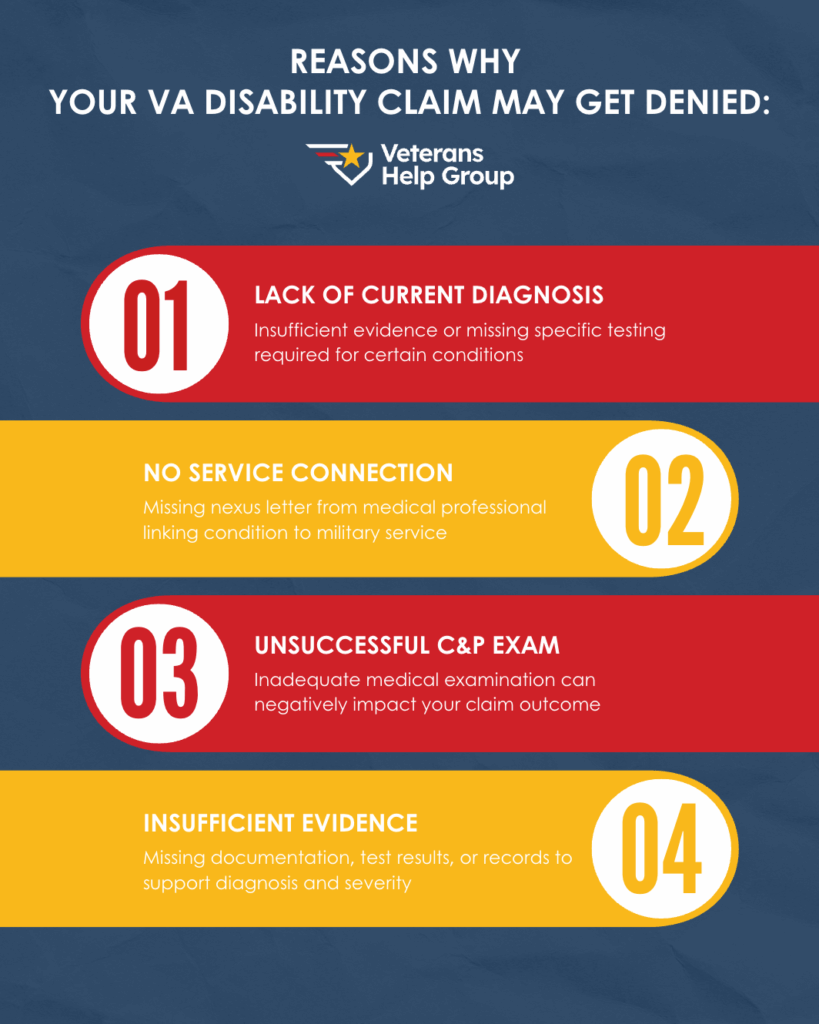
Why the VA Denies Claims
The process of pursuing VA disability benefits can be long and difficult. Often, when claims are denied, it is because the applicant didn’t fully understand what was required, and so didn’t provide all of the necessary information or evidence.
Here are some common mistakes that can lead to denial of a VA disability claim.
Lack of a Current Diagnosis or Insufficient Evidence Supporting the Diagnosis
Virtually any diagnosed medical condition that can be tied to the veteran’s military service can form the basis for a successful VA disability claim. But the claim must be specific. The VA generally won’t grant disability benefits on the basis of symptoms alone. One exception is that some chronic undiagnosed conditions are presumed service connected for Gulf War veterans.
Most veterans will need to present a current diagnosis as part of the evidence in support of their claim. For some types of disabilities, diagnosis must be by a particular type of provider or must be based on specific testing. For example, a diagnosis supporting a claim for hearing loss must be based on two specific tests, administered by a licensed audiologist.
An experienced veterans benefits advocate can explain what is required to establish a claim for your specific condition, giving you the best opportunity for approval of your initial claim.
Failure to Establish a Service Connection
VA disability benefits are reserved for veterans whose disabilities are connected to their military service. That may mean that the condition started or injury occurred during military service, or that an event or exposure during military service triggered or contributed to a condition that emerged later.
Some conditions are presumed service connected for veterans who served in specific times and places or performed certain jobs. However, most veterans must establish the service connection themselves. That virtually always requires a nexus letter from a medical professional, explaining the connection between the condition and the in-service event or exposure. Other evidence, such as military medical records and statements from people who can speak to when your symptoms began, can also be helpful in establishing a service connection.
An Unsuccessful C & P Exam
Not every veteran who files a claim for VA disability is asked to submit to a C & P exam. Instead, these exams are scheduled when the VA doesn’t have sufficient medical information to make a determination on the claim. Unfortunately, the thoroughness of these exams can vary from provider to provider, and that can affect the outcome of your claim.
When you work with an experienced VA disability benefits advocate, your advocate can advise you on what to expect during your C & P exam, how to prepare, and what to do if problems arise during the exam.
The VA Needs Evidence to Approve Your Claim
From proof of a service connection to test results and other records supporting your diagnosis and establishing the severity of your medical condition, the VA relies largely on evidence you submit to decide your claim. That means that whether your initial claim is approved or denied depends in significant part on how well you’ve done at providing the right documentation. And, if you are appealing a denial, it will be crucial to understand what evidence was lacking in your initial claim.
Getting an Advocate Can Help
If you are preparing to file a VA disability claim, working with an experienced advocate from the beginning can help ensure that you have the right documentation and know how to avoid mistakes that can lead to denial. If you have already filed a claim and been denied, or your VA disability rating seems too low, it’s not too late.
An experienced disability advocate can help you obtain the benefits you deserve by reviewing your application and denial notice in depth and filing an appeal on your behalf with the Department of Veterans Affairs Regional Office. Our seasoned advocates have the knowledge to help you choose the right type of appeal for your circumstances and to assemble the evidence necessary to fill any gaps in your initial claim to increase your chances of approval.
If you have already appealed and been denied again, you may still have options. The best way to get information about how to move forward is to talk to an experienced disability benefits advocate as soon as possible.
Veterans Help Group is Here for You
When you embark on the VA disability claim process, you should be prepared for a long and sometimes stressful journey. It is crucial to have a robust support system in place. This support can be from friends, family, or even an online community. These people can help you through the tough times and encourage you when you need it most. A robust support system will help you stay motivated and on track as you start your business.
You will also need reliable information and practical assistance. That’s where Veterans Help Group comes in. Our advocates are dedicated to helping disabled veterans and their families get the benefits they deserve. We have helped thousands of people secure VA disability benefits by assisting with initial claims or appealing after a VA disability claim is denied.
To learn more about how we can help, call us right now at 855-855-8992 or fill out our contact form HERE.
Read More:
- HOW TO INCREASE YOUR VA DISABILITY RATING FROM 80% TO 100%
- DIFFERENT TYPES OF 100% VA DISABILITY RATINGS
- THE DIFFERENCE BETWEEN 100% FOR UNEMPLOYABILITY AND 100% DISABILITY RATING
- 50% VA DISABILITY RATING EXPLAINED
- WHAT DOES IT MEAN TO HAVE A 100% VA DISABILITY RATING?
- WHAT BENEFITS DOES A 60% VA DISABILITY RATING GET?

Discounts for Military Veterans 2026
Discounts for Military Veterans 2026 As a military veteran, numerous companies continue to honor...

100% VA Disability Benefits List For 2026
100% VA Disability Benefits List for 2026 When a veteran is approved for VA disability benefits,...
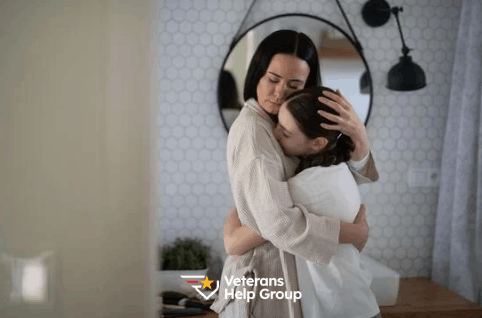
DIC Rates for 2026
DIC Rates for 2026 Dependency and Indemnity Compensation (DIC) can be a lifeline for surviving...




